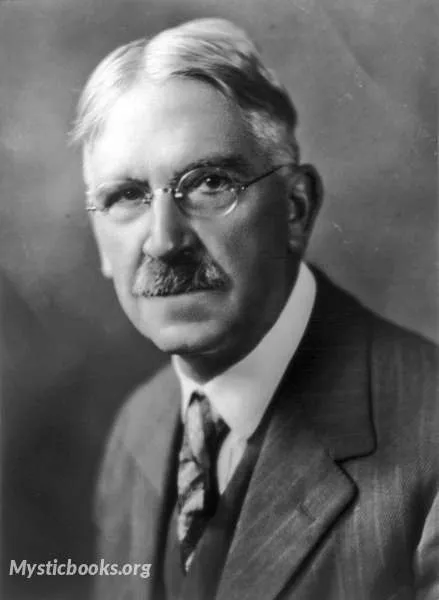
Timeline
Title
Country/Nationality
John Dewey
John Dewey was an American philosopher, psychologist, and educational reformer whose ideas have been influential in education and social reform. He was one of the most prominent American scholars in the first half of the twentieth century.
The overriding theme of Dewey's works was his profound belief in democracy, be it in politics, education, or communication and journalism. As Dewey himself stated in 1888, while still at the University of Michigan, "Democracy and the one, ultimate, ethical ideal of humanity are to my mind synonymous." Dewey considered two fundamental elements—schools and civil society—to be major topics needing attention and reconstruction to encourage experimental intelligence and plurality. He asserted that complete democracy was to be obtained not just by extending voting rights but also by ensuring that there exists a fully formed public opinion, accomplished by communication among citizens, experts and politicians, with the latter being accountable for the policies they adopt.
Dewey was one of the primary figures associated with the philosophy of pragmatism and is considered one of the fathers of functional psychology. His paper "The Reflex Arc Concept in Psychology," published in 1896, is regarded as the first major work in the (Chicago) functionalist school. A Review of General Psychology survey, published in 2002, ranked Dewey as the 93rd-most-cited psychologist of the 20th century.
Dewey was also a major educational reformer for the 20th century. A well-known public intellectual, he was a major voice of progressive education and liberalism. While a professor at the University of Chicago, he founded the University of Chicago Laboratory Schools, where he was able to apply and test his progressive ideas on pedagogical method. Although Dewey is known best for his publications about education, he also wrote about many other topics, including epistemology, metaphysics, aesthetics, art, logic, social theory, and ethics.
Books by John Dewey
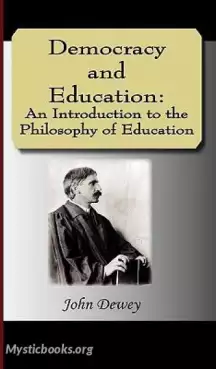
Democracy and Education: An Introduction to the Philosophy of Education
An important, controversial, and often cited work on public education. Dewey discusses the role of public education in a democracy and the different methods for achieving quality in education. After its initial publication, this book began a revoluti...
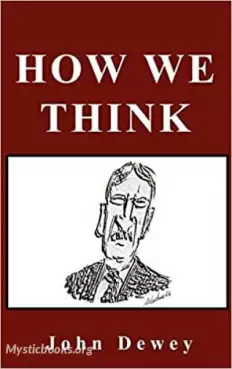
How We Think
What it means to think and what it means to be a true educator. Dewey also provides a framework for analyzing your own biases and assumptions and the way those have inappropriately influenced conclusions on the rightness or truth value of any issue....
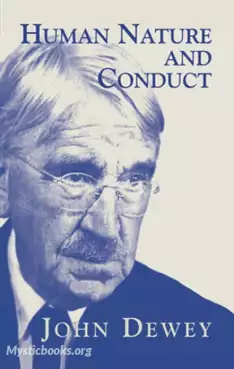
Human Nature and Conduct
Dewey's uses the word "HABIT" as a specialized catch-all word to describe how a person and his/her objective environment interact. This interaction is the basis for moral judgement. Dewey writes: "All habits are demands for certain kinds of activity;...
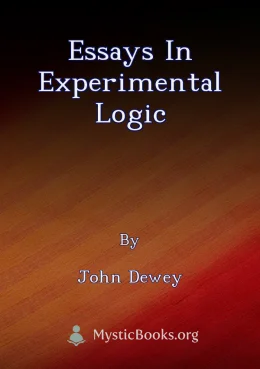
Essays in Experimental Logic
In "Essays in Experimental Logic," John Dewey presents a foundational work that challenges traditional philosophical approaches to logic. He argues for a logic grounded in experience, emphasizing the pragmatic and experimental nature of knowledge acq...
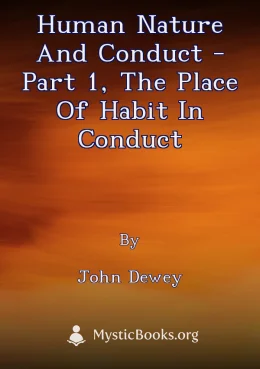
Human Nature And Conduct - Part 1, The Place of Habit in Conduct
John Dewey, a renowned early 20th-century American philosopher and psychologist, explores the concept of 'habit' and its profound influence on human nature and conduct. Dewey defines 'habit' as the dynamic interaction between an individual and their...
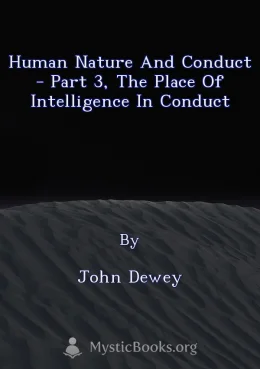
Human Nature and Conduct - Part 3, The Place of Intelligence In Conduct
John Dewey, a prominent philosopher and educational theorist, explores the role of intelligence in shaping human conduct in this book. He delves into the fundamental concepts of "habit" and "impulse" as crucial elements in the interaction between ind...
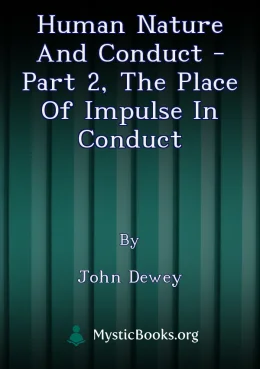
Human Nature and Conduct - Part 2, The Place of Impulse In Conduct
John Dewey's 'Human Nature and Conduct' delves into the complexities of human behavior, emphasizing the interplay between innate impulses and ingrained habits. Dewey challenges the simplistic 'nature versus nurture' dichotomy, asserting that our inte...
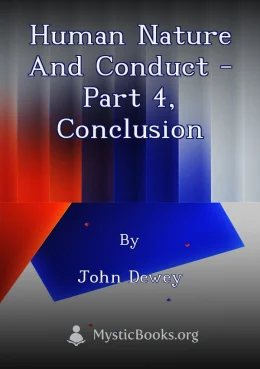
Human Nature and Conduct - Part 4, Conclusion
John Dewey's *Human Nature and Conduct* explores the intricate relationship between human behavior and the social environment, arguing that individual actions are shaped by a complex interplay of habits, impulses, and social pressures. Dewey challeng...
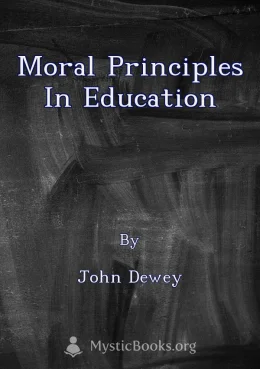
Moral Principles in Education
In "Moral Principles in Education," John Dewey argues that moral education is not simply a matter of rote memorization of rules but rather a dynamic process that unfolds through active participation in the school community. He emphasizes the importan...